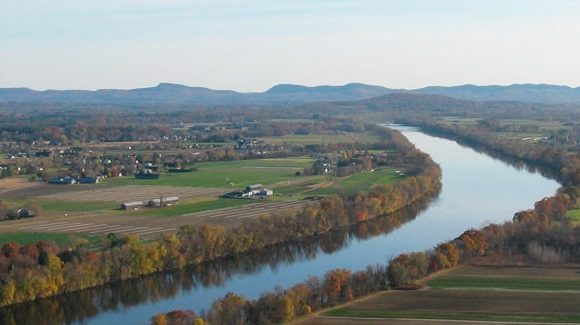Next-generation farmers face immense challenges in securing land. In recent years, some state- and federal-level land access policy incentives (LAPIs) have been implemented to address these challenges. This paper assesses the Transition Incentives Program (TIP), an initiative of the U.S. Department of Agriculture’s Conservation Reserve Program that is funded by Congressional farm bills. TIP offers landowners two years of financial incentives for leasing or selling to a beginning or socially disadvantaged farmer or rancher (categories of farmers defined by the U.S. Department of Agriculture). In the study, the authors characterize TIP participants to understand where and how TIP assists beginning and socially disadvantaged farmers and ranchers. The findings demonstrate that TIP serves some landowners and next-generation farmers–primarily in the Midwest and Mountain West–and illustrates a spatial mismatch between where next-generation farmers live and high rates of TIP participation. Variable participation may be due to inconsistent outreach and limits to the program design. This paper identifies key barriers and provides insights to improve TIP and other land access programs for next-generation farmers.
Publications
An Evaluation of the Federal Transition Incentives Program on Land Access for Next-generation Farmers
Downloadable Documents
Author
Megan Horst, Julia Valliant, Julia Freedgood
Publisher
Ithaca, NY: Journal of Agriculture, Food Systems, and Community Development
Page Numbers
18
Publication Date
February 20, 2024
Publication Type
Reports and Guides
State
National
Keywords
Farm Transfer, Farmland Access, Federal Farmland Protection Policies & Programs




